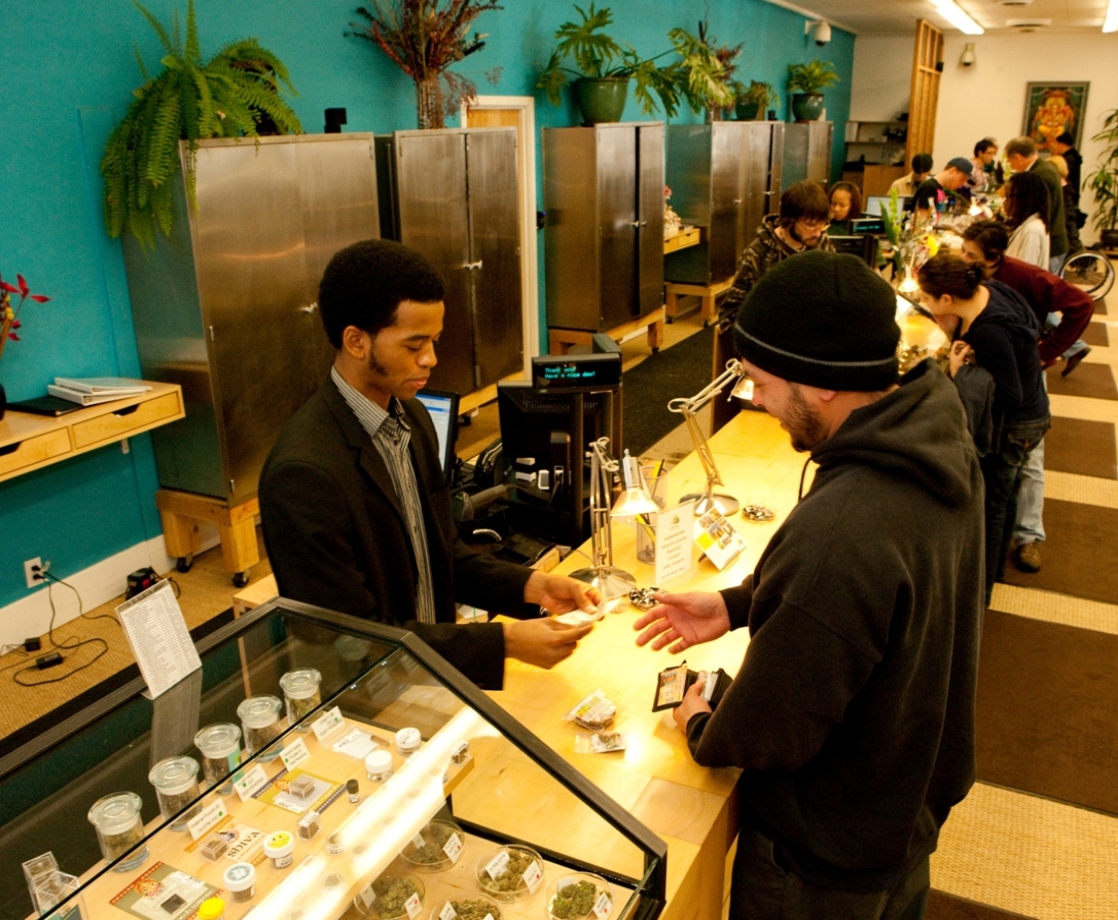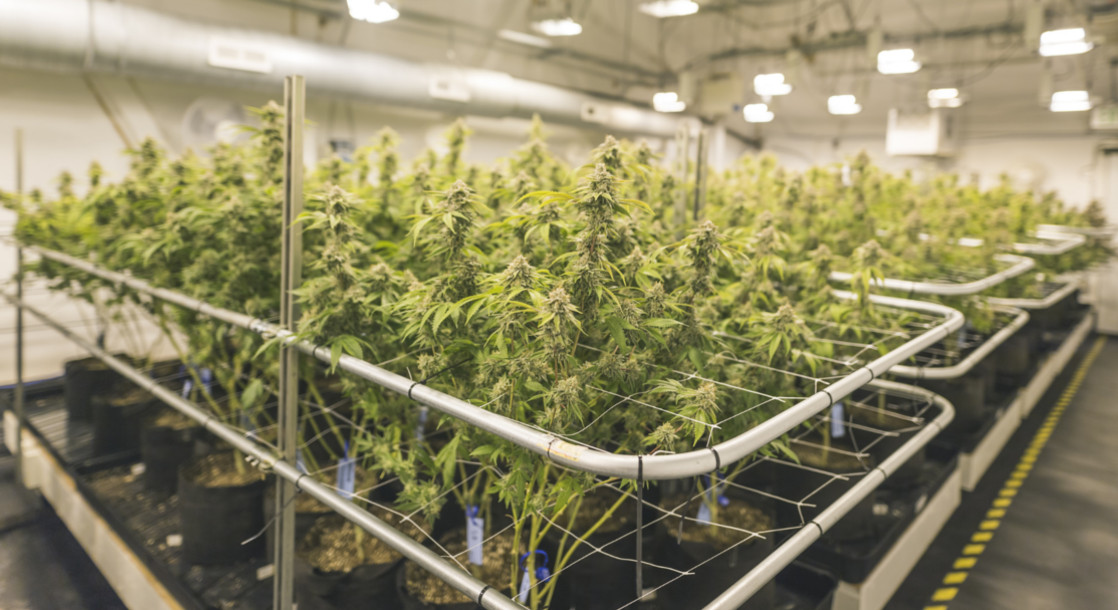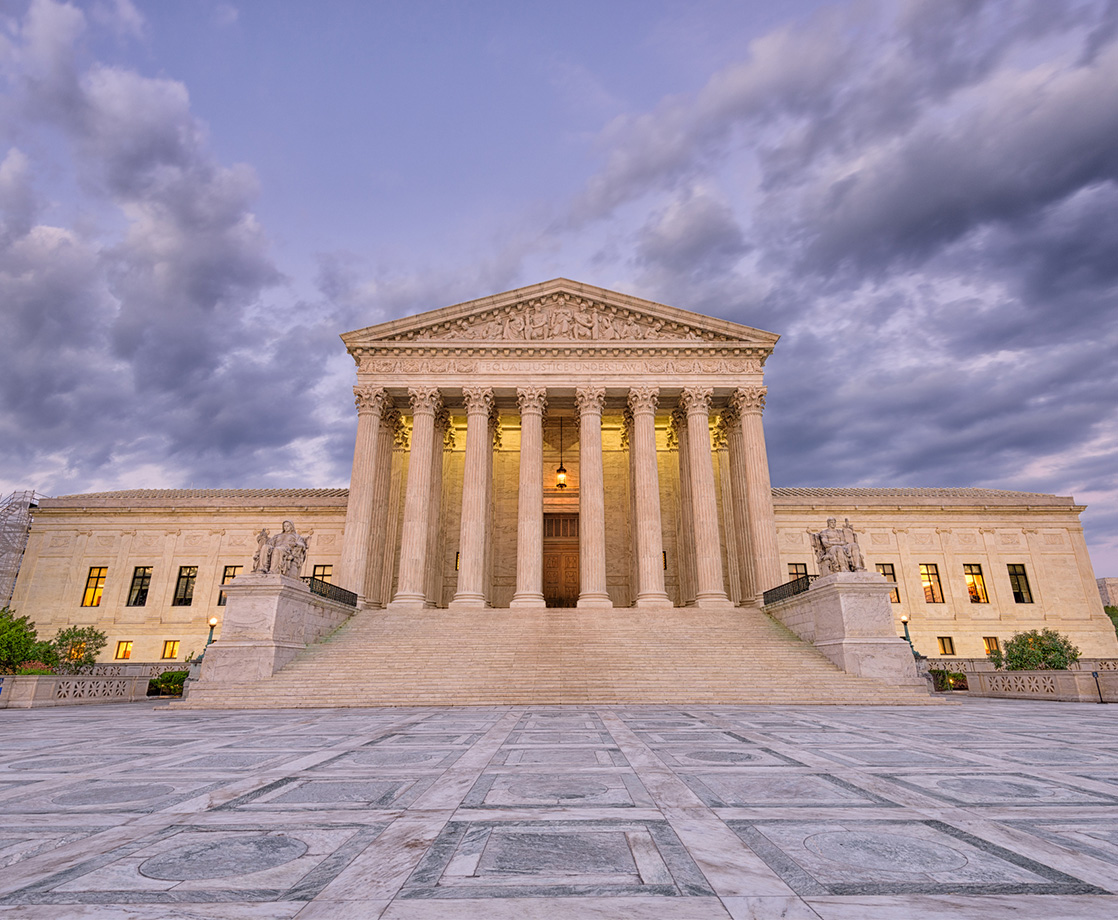If you work for a cannabis dispensary and your employer hasn’t paid you overtime because your business is federally outlawed, you’re in luck: a US court of appeals ruled on Friday that all federal workplace regulations apply to state-legal weed businesses, meaning your stingy boss better pay up!
What happened, exactly? The case in question stems from a 2017 suit against a security company based in Denver called Helix TCS. Robert Kenney, a former security guard at Helix, often performed security details at dispensaries and other state-licensed cannabis operations. Kenney alleged that the company failed to pay him overtime after he regularly worked more than 40 hours a week. Under the US Fair Labor Standards Act, all businesses are required by law to pay their workers for overtime.
Helix’s attorneys, however, tried to get the suit dismissed on grounds that since marijuana is federally illegal, federal regulations did not apply to Kenney’s security details at pot shops. But last week, the US appeals court panel disagreed with Helix’s argument and sided with the lower court’s previous ruling.
“The district court correctly reasoned, and case law has repeatedly confirmed, that employers are not excused from complying with federal laws just because their business practices are federally prohibited,” Senior Judge Stephanie Seymour wrote for the court’s opinion.
According to Seymour, any business that skirts federal regulations will possess unethical advantages over any competitors. If Helix could avoid paying overtime because weed is federally illegal, then that move could encourage other businesses to violate federal law just so they could avoid federal regulations.
Gallery — You Gotta Fight for Your Right to Smoke Weed:
Rex Burch, the attorney representing Kenney, said the appeals court’s decision wasn’t just a win for his client, it was a win for the entire regulated weed industry, as well.
“They’re not special and, in my experience, most marijuana businesses aren’t looking to be special,” Burch said about compliant, state-legal cannabis companies to the Denver Post. “They’re running like when you open up a business that sells anything.”
The case will be kicked back to a district court so details can be hashed out between Kenney and Helix, namely how much the company now owes him, likely with some interest tacked on.
This isn’t the first time the feds have recognized the legitimacy of state-legal cannabis businesses. In 2014, the National Labor Relations Board (NLRB) ruled that federal protections applied to medical marijuana dispensary workers in Maine.
Back then, employees at the Wellness Connection of Maine, a pot shop chain in the Pine Tree State, accused the company of forcing them to work in hazardous conditions with pesticides and other potentially harmful chemicals. The workers, in response to the conditions, tried to form a union, and Wellness Connection managers allegedly intimidated, threatened, and harassed the employees not to form the union. Ultimately, the NRLB declared that Wellness Connection violated union-busting laws, and that cannabis employees could legally form nationally recognized unions, even though the weed industry is federally outlawed.
So, what’s this mean, all-in-all? Besides getting your owed overtime, even if you work for a drug lord, the ruling also suggests that if you’re cooking meth or crack, your employer is legally obligated to provide you personal protective equipment like goggles, gloves, and respirators, too.
Follow Randy Robinson on Twitter











